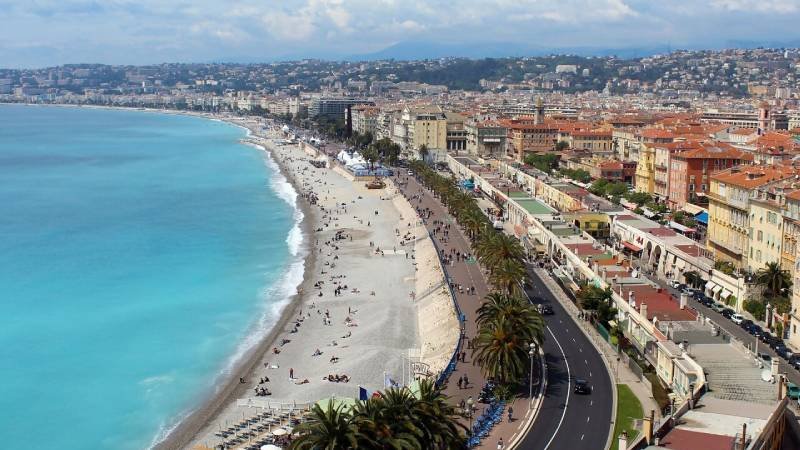The ban on large cruise ships in Nice and Villefranche-sur-Mer has sparked significant reactions recently, particularly from the Cruise Lines International Association (CLIA). As local officials consider this controversial decision, the implications for tourism and businesses in the region remain at the forefront of discussions.
Opposition from CLIA
The Cruise Lines International Association (CLIA), representing numerous cruise line companies, has taken a strong stance against the proposed ban. They argue that restricting access for large cruise ships could lead to a decline in economic activity. “Cruise tourism supports thousands of jobs in local communities,” emphasized a CLIA spokesperson, highlighting the potential job losses and the negative impact on local economies dependent on the influx of cruise passengers.
Economic Impact on Local Businesses
Many local businesses rely heavily on the daily arrival of cruise ship passengers who seek excursions, dining, and shopping options. A study conducted by the French Tourism Agency estimated that cruise tourists contribute approximately €1.5 billion annually to the local economy. A ban could jeopardize livelihoods, particularly for small businesses that thrive on visitor spending.
Environmental Concerns
On the other hand, proponents of the ban cite environmental concerns as a primary reason for the initiative. Residents of Nice and Villefranche-sur-Mer have expressed worries about the ecological footprint of large vessels, particularly regarding air and water pollution. According to local environmental advocates, reducing the number of large ships could improve the overall health of marine ecosystems and enhance the quality of life for residents.
A Compromise Solution?
In light of the ongoing debate, some local representatives have proposed a middle-ground approach. Suggestions include capping the number of large cruise ships allowed per day or implementing stricter environmental regulations for vessels that choose to dock. Advocates for this compromise believe it could help balance the needs of the tourism industry with the desire to protect the environment.
Public Sentiment
Public sentiment on the matter appears mixed. While many business owners support the cruise industry, several residents have voiced their concerns over noise and congestion associated with the large vessels. “While we appreciate the economic boost, we also want to preserve the beauty and tranquility of our city,” stated a concerned local resident.
Next Steps for Local Authorities
As discussions continue, local authorities are tasked with weighing the economic benefits against the environmental impact. Public forums and consultations are being planned to gather input from both residents and business owners alike. The outcome of this deliberation could set a significant precedent for how cruise tourism is managed in coastal cities across France.
Conclusion
The potential ban on large cruise ships in Nice and Villefranche-sur-Mer is a multifaceted issue that encapsulates the struggle between economic growth and environmental sustainability. As stakeholders prepare for further discussions, the region waits with bated breath, hoping for a solution that supports both local businesses and environmental health.
For more insights into the impact of cruise tourism, visit the Cruise Lines International Association. For ongoing updates about the local economy, consider checking out the French Tourism Agency.



